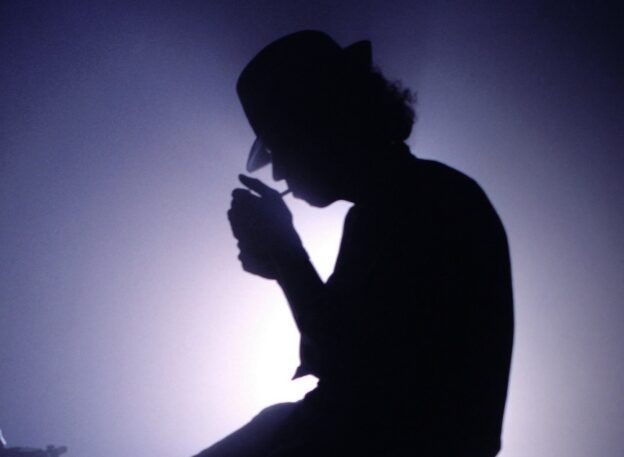Cannabis-induced psychosis in young people is a worrying trend that has been emerging over the last several years. While widely regarded as a medicinal and recreational drug among young people, there is a possible link between cannabis use and the onset of psychosis in young users. In light of marijuana’s increasing accessibility to young people, it’s crucial to understand how it impacts adolescents’ and young adults’ brain development.
What is Cannabis-Induced Psychosis?
Cannabis-induced psychosis (CIP) refers to a condition where an individual experiences symptoms of psychosis after using cannabis. These symptoms can include hallucinations, delusions, paranoia, and disorganized thinking. While psychosis can be temporary, lasting only as long as the cannabis is in the system, there is a risk that it can trigger more prolonged or even permanent mental health issues, particularly in susceptible individuals.
Why Are Young People at Risk?
1. Brain Development: The human brain continues to develop until the mid-20s. During this period, it is particularly vulnerable to external influences. Cannabis use can interfere with the normal development of brain regions involved in cognition, emotion regulation, and executive function.
2. Higher THC Levels: Modern cannabis strains often have significantly higher levels of THC (tetrahydrocannabinol), the psychoactive component of cannabis, compared to strains from previous decades. Higher THC concentrations increase the risk of adverse mental health effects, including psychosis.
3. Genetic Predisposition: Some individuals have a genetic predisposition that makes them more vulnerable to the psychotic effects of cannabis. Young people with a family history of mental illness may be at greater risk.
The Evidence
A study published in JAMA Psychiatry (2021) investigated the impact of adolescent cannabis use on brain development. Using data from the IMAGEN cohort study, researchers examined MRI-assessed cerebral cortical thickness in 799 participants who were cannabis-naive at the study’s start and had follow-up data after five years. The study found that higher cannabis use was associated with greater thinning in the left and right prefrontal cortices, regions rich in cannabinoid 1 receptors. This cortical thinning correlated with attentional impulsiveness and was independent of factors like alcohol consumption, sex, socioeconomic status, and IQ.
The results suggest that adolescent cannabis use may lead to altered neurodevelopment, particularly in brain areas undergoing significant changes during adolescence (Global Brain Health Institute) (PsyPost – Psychology News).
A study published in The Lancet Psychiatry in 2019 highlighted that daily use of high-potency cannabis was linked to a higher likelihood of developing psychosis compared to non-users.
A new study (2024) published in the journal Psychological Medicine estimates that teens using cannabis are at an 11 times higher risk of developing a psychotic disorder compared to teens not using cannabis.
Recognizing the Signs
Parents, educators, and healthcare providers should be aware of the signs of cannabis-induced psychosis in young people, which can include:
- Sudden changes in behavior or personality
- Severe anxiety or paranoia
- Hallucinations or delusions
- Difficulty concentrating or thinking clearly
- Withdrawal from friends and family
Prevention and Intervention
1. Education: Providing young people with accurate information about the risks associated with cannabis use is essential. Schools and community programs should incorporate substance abuse education that addresses the potential mental health impacts of cannabis.
2. Support Systems: Creating a supportive environment where young people feel comfortable discussing their experiences with cannabis can help in early identification and intervention.
3. Mental Health Resources: Access to mental health resources, including counseling and psychiatric services, can play a critical role in managing and mitigating the effects of cannabis-induced psychosis.
Conclusion
While cannabis has therapeutic potential, its use, particularly among young people, should be approached with caution. Understanding the risks associated with cannabis-induced psychosis is crucial in protecting the mental health of our youth. By promoting education, awareness, and support, we can help prevent the adverse effects of cannabis on young minds.










